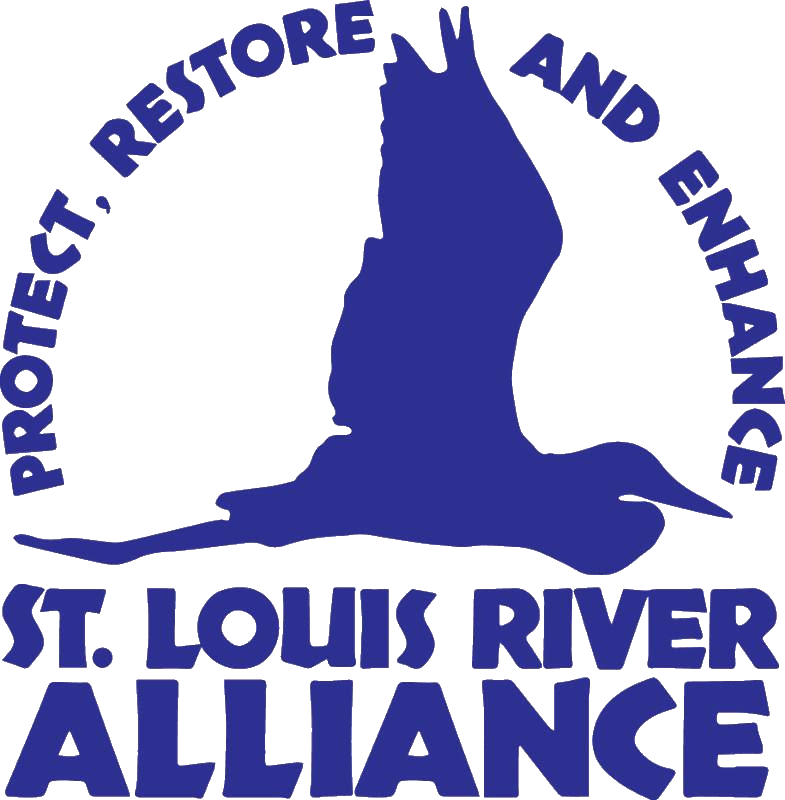Gichigami-ziibi: Homeland of the Anishinaabe (Video)
We are excited to present to you 'Gichigami-ziibi: Homeland of the Anishinaabe', a short film highlighting four local Indigenous community member's cultural perspective and admiration for the St. Louis River.
For nearly 14,000 years, Native people have relied on Gichigami-ziibi ‘the River that flows into the great waters’ for food, medicine, transportation, sport, and enjoyment. In 2020, the U.S. Secretary of the Interior designated the St. Louis River Estuary National Water Trail, and it is now included in the National Parks Trail System. This is a major accomplishment that is a result of a river in restoration.
However, as more people are drawn to experience the St. Louis River, it is more important than ever for us to share the stories of those who have forever called this land their home. This short video highlights stories of four local Indigenous community members and their cultural perspectives and admiration for the river.
As you explore the Water Trail we encourage you to learn about and honor the life and lessons that this special place has held.
Thank you to our interviewees for sharing their perspectives:
Naawakwe
Valerie Ross Zhawendaagozikwe
Mark Pero
Ashla Ojibway
Narration by: Cory Coffman
Produced by: St. Louis River Alliance, Alyssa Johnson
Drone footage by: Matthew Sperrazza
Additional wildlife and canoe footage provided by: The Center for Global Environmental Education, Hamline University
Funding provided by: The St. Louis River Alliance created this video using Federal funds under award NA22NOS4190054 from the Coastal Zone Management Act of 1972, as amended, administered by the Office for Coastal Management, National Oceanic and Atmospheric Administration (NOAA), U.S. Department of Commerce provided to the Minnesota Department of Natural Resources (DNR) for Minnesota’s Lake Superior Coastal Program.
